
Table of Contents
The September garden tasks are key for the transitional month in the garden calendar as summer fades into Autumn. September presents a unique opportunity for gardeners to reflect on their hard work while preparing for the seasonal shift. This transitional month is not just a bridge between two seasons; it’s a time when your garden takes central stage in the cycle of growth and renewal with cooler temperatures and often more favourable weather conditions. Whether harvesting the last of your tomato plants or planning for spring blooms, this month holds countless tasks that can set the stage for future success. Here are some essential September garden tasks to get you started:
Harvesting and Preserving
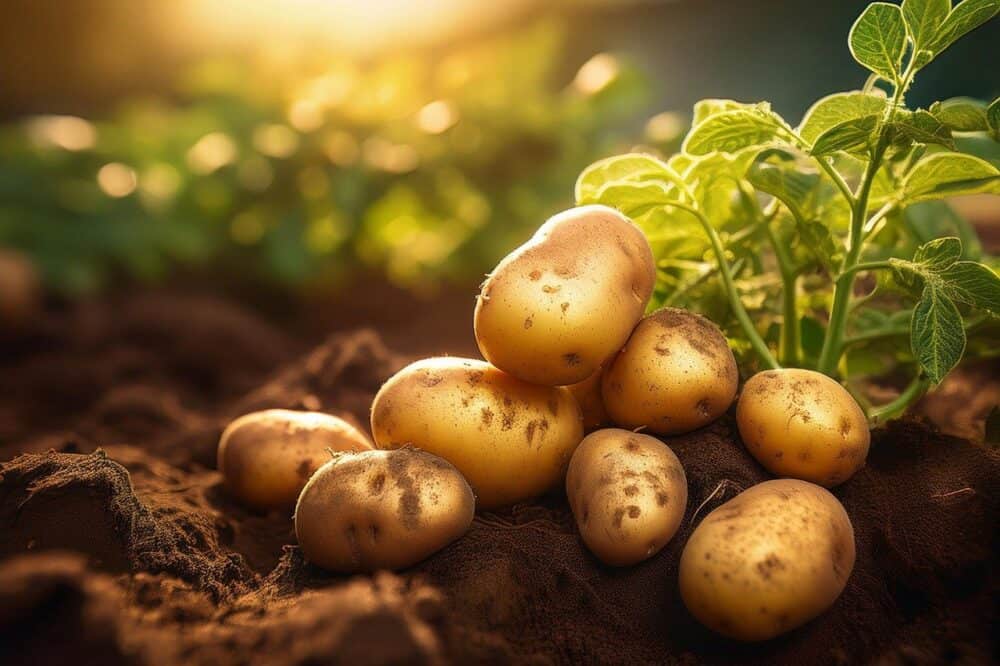
Harvest Vegetables: Continue harvesting crops like tomatoes, peppers, beans, and squash. Pick them regularly to encourage further production.
Preserve Herbs: A good idea is to dry or freeze herbs like basil, thyme, and mint for use in the winter months.
Planting for Fall
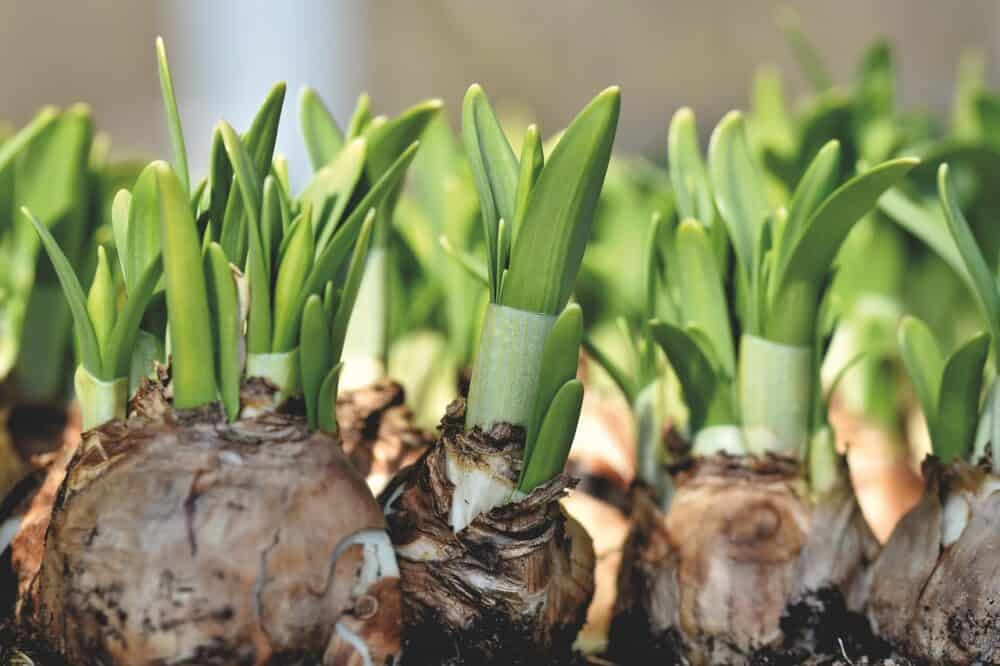
Plant Fall Vegetables: Sow seeds or plant seedlings of cool-season vegetables such as Spinach, Kale, Lettuce, and Radishes.
Plant Spring-Flowering Bulbs: It is the best time to start planting bulbs like Daffodils, Tulips, and Crocuses for a colorful spring display.
Garden Clean-Up
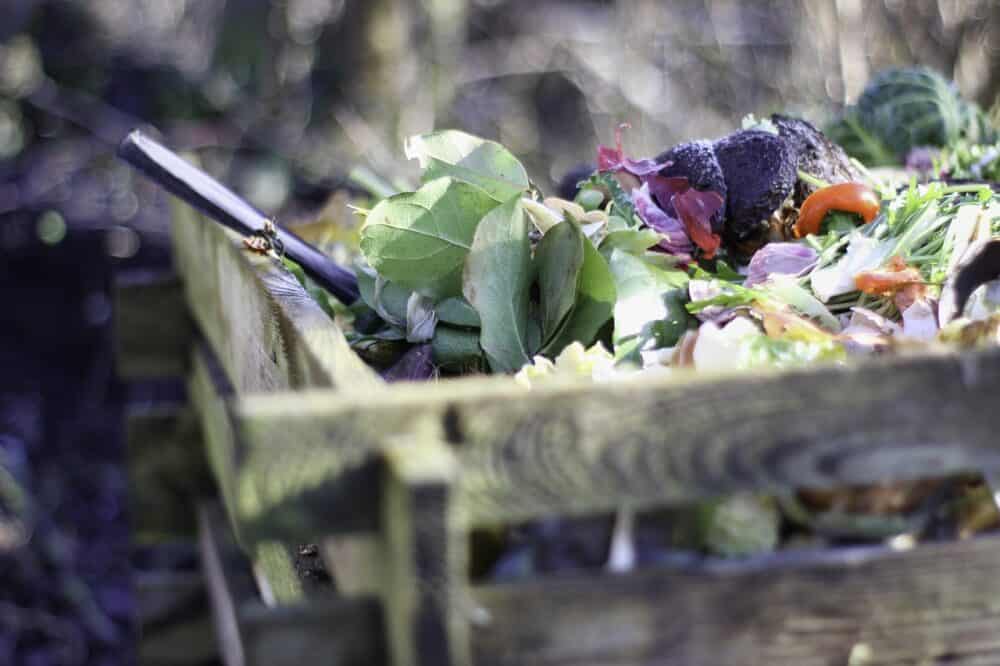
Remove Spent Plants: Clear away dead or diseased plants to prevent pests and diseases from overwintering in your garden.
Compost Debris: Add healthy plant material to your compost pile to enrich the soil for next season.
Soil Care
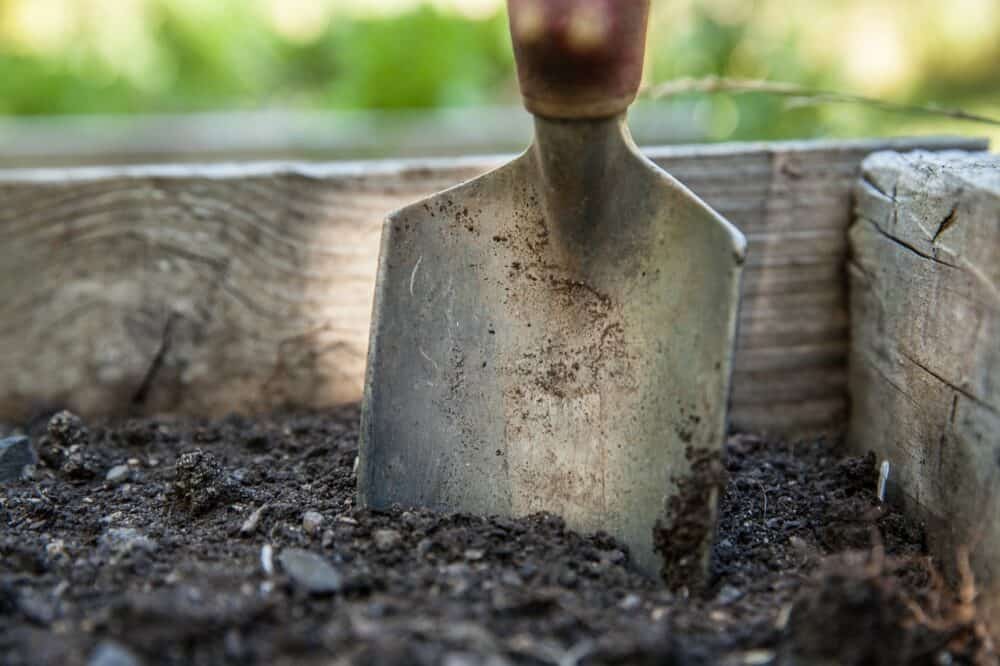
Mulch Garden Beds: Apply mulch to retain moisture and suppress weeds. As temperatures cool, mulch also insulates plant roots.
Test Soil: Consider testing your soil to determine its pH and nutrient needs before planting winter crops or prepping for next spring.
Pruning and Dividing
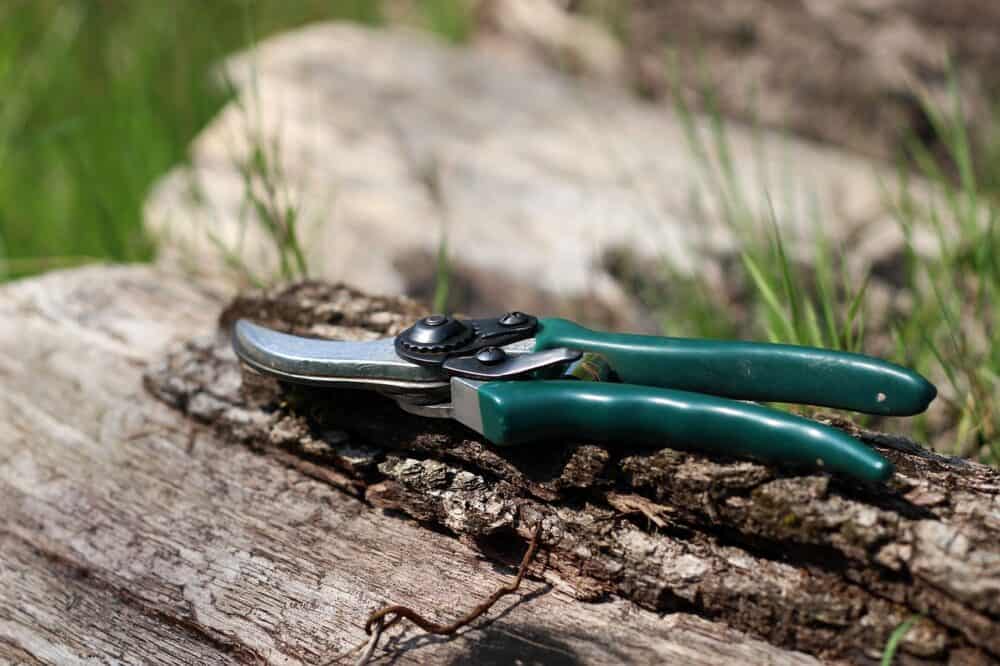
Prune Shrubs and Perennials: Trim back overgrown perennials and shrubs. Cut back dead or damaged branches to maintain plant health.
Divide Perennials: Divide overcrowded perennials like Daylilies, Hostas, and Irises to encourage healthy growth.
Lawn Care
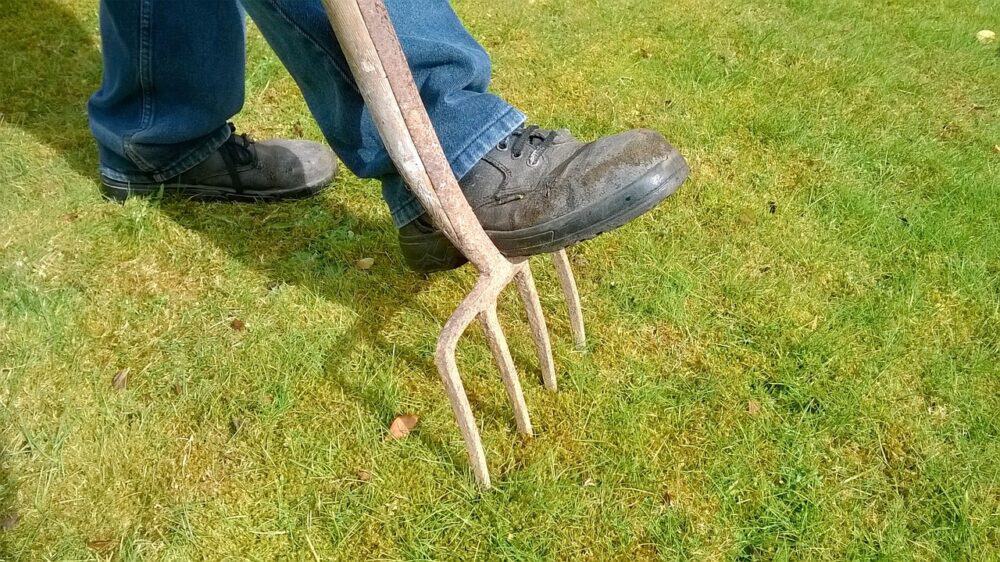
Overseed Lawns: Reseed thin or bare patches in your lawn. Autumn is an ideal time to take good care of your lawn to establish new grass.
Aerate the Lawn: Aerate compacted soil to improve cool-season lawns root growth and nutrient absorption.
Wildlife and Pollinator Support
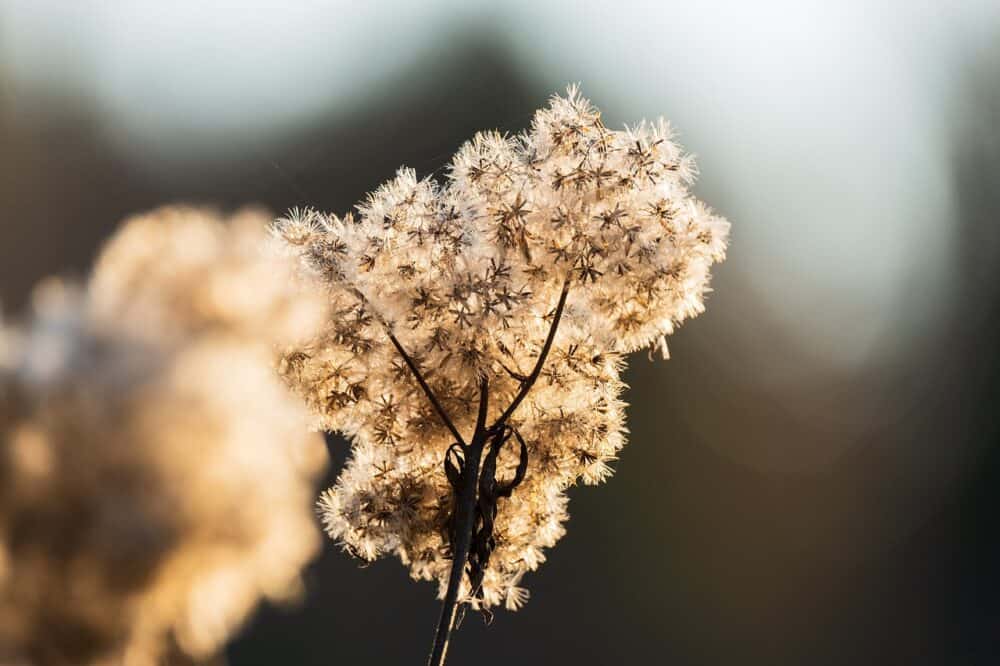
Leave Seedheads: Consider leaving some seed heads on flowers like Coneflowers and Sunflowers to provide food for birds during the colder months
Provide Water: Ensure birdbaths and water sources are clean and full, as wildlife relies on them as temperatures drop.
Prepare for Winter
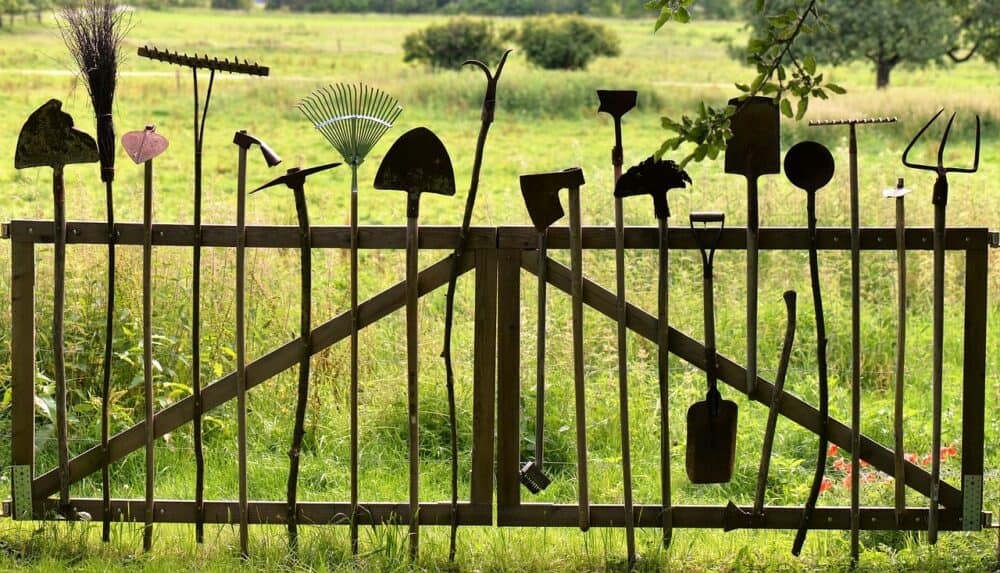
Clean and Store Tools: Clean and oil garden tools before storing them for the winter.
Plan Next Year’s Garden: Take notes on what worked well this year and got best results and start planning for next season, including crop rotation and plant varieties.
Pest and Disease Control
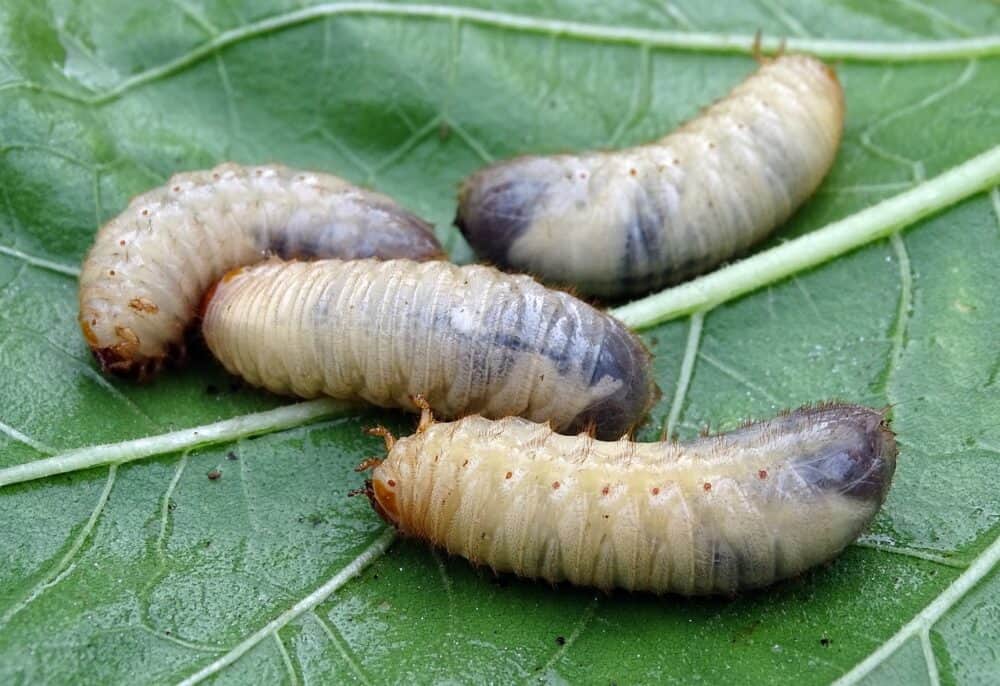
Inspect for Pests: Check for pests like aphids, slugs, and caterpillars, and manage them before they can cause significant damage.
Apply Organic Treatments: If necessary, use organic treatments to control diseases like powdery mildew and pests.
Indoor Gardening

Bring Plants Indoors: September is a good time to move tender plants like Herbs and Tropicals indoors before the first frost. Check them for pests first.
Start Indoor Herbs: Begin growing herbs like parsley, cilantro, and chives indoors for fresh flavors all winter
Conclusion
As September settles in, it’s the perfect time to reflect on your garden’s progress and prepare for the changing season. This month offers a unique opportunity to tidy up your space and plant new perennials. Don’t forget to harvest any late-season crops while also considering adding compost to enrich your soil for future growth. By taking care of these essential tasks now, you’ll ensure a thriving garden that can withstand the winter months and set your garden up for a healthy, productive Autumn and a strong start in the Spring.



